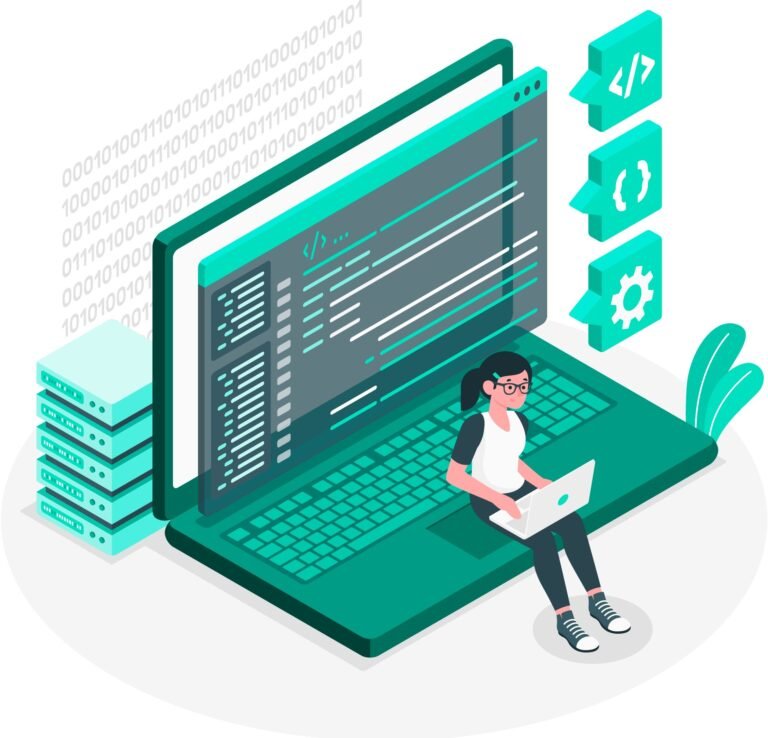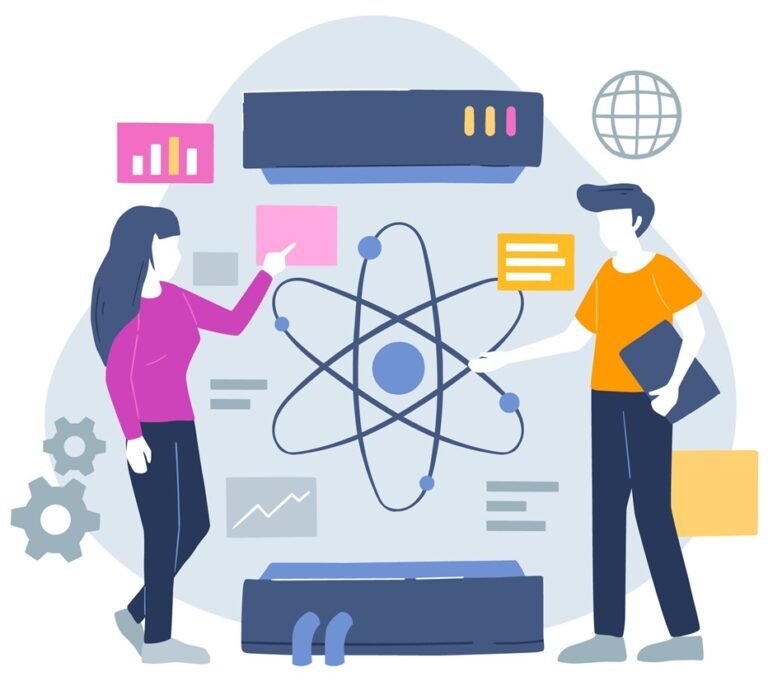The landscape of work is undergoing a seismic shift. In January 2023, Microsoft’s $10 billion investment in OpenAI sent shockwaves through the tech industry, signaling a new era of human-machine collaboration. This wasn’t just about throwing money at a promising AI startup; it was about fundamentally changing the way we work. Fast forward to today, and Microsoft has seamlessly integrated OpenAI’s generative AI technology into its core products, transforming our daily workflows in profound ways.
From Bing to Copilot: A Generative AI Revolution
The initial tremors of this transformation were felt in the consumer space. Microsoft’s Bing search engine, long overshadowed by Google, received a much-needed boost with the integration of a conversational chat feature powered by generative AI. This wasn’t just about typing keywords and getting results. Users could now have a natural conversation with Bing, asking follow-up questions and refining their searches in a more intuitive way. The addition of image generation and analysis functions further enhanced the experience, making Bing a more powerful tool for visual learners and researchers. These advancements, alongside a general user-friendliness push, have propelled Bing to over 100 million daily active users, a significant step forward, although Google’s dominance with a 90% market share remains a challenge.
However, the true impact of Microsoft’s generative AI investment might be most evident in the workplace. Here, the focus has been on creating a powerful and versatile AI assistant known as Copilot. This wasn’t entirely new; Copilot initially emerged as a coding helper for developers on GitHub. Now, it’s transcended its coding roots, extending its reach across the entire Microsoft 365 suite and the Windows operating system.
The impact is undeniable. Over a million users now leverage Copilot for a vast array of tasks. Imagine needing a compelling PowerPoint presentation – simply provide Copilot with a basic theme or topic, and it will draft an engaging presentation outline complete with visuals. Stuck wading through a massive dataset in Excel? Copilot can quickly analyze the data and surface key insights. Overwhelmed by lengthy email threads? Copilot can summarize them effortlessly, allowing you to focus on more pressing matters.
But Copilot’s capabilities extend beyond basic efficiency tools. As Jared Spataro, Microsoft’s corporate vice president, explains, “it starts to get more sophisticated, where [users] are actually delegating work to Copilot as if it were another colleague.” Imagine having an intelligent assistant who can handle multi-step tasks, freeing up your time for critical thinking and strategic planning.
Copilot Beyond the Office: AI Integration into Windows
The reach of Copilot extends beyond the confines of Microsoft 365. It’s woven into the fabric of Windows itself. Users of new PCs can now summon the AI with a single keystroke, unleashing its power to hunt down information across the web, navigate complex system settings, and even offer personalized advice on both personal and business decisions.
This seamless integration signifies a fundamental shift in human-computer interaction. Imagine struggling with a network configuration on your new PC; instead of scouring online forums or wrestling with manuals, you can simply ask Copilot for help. Need to make a crucial business decision but lack complete data? Copilot can access and analyze relevant information, providing insights to inform your choices.
The Enterprise Embrace of Generative AI
The benefits of Copilot aren’t limited to individual users. Leading companies around the world are recognizing its transformative potential. From financial giants like Visa to automotive manufacturers like Honda, from pharmaceutical powerhouses like Pfizer to global consulting firms like Accenture, major players across diverse industries are deploying Copilot within their Microsoft 365 workflows. The numbers speak for themselves: over 40% of Fortune 100 companies participated in the Early Access Program for Copilot, a testament to the high level of interest amongst industry leaders.
The impact on Microsoft’s bottom line is significant as well. AI-powered solutions like Copilot have been a key driver of growth in the company’s Cloud revenue, which has seen a remarkable 24% year-over-year increase.






2 Comments
Your comment is awaiting moderation.
This is the right blog for anyone who wants to find out about this topic. You realize so much its almost hard to argue with you (not that I actually would want…HaHa). You definitely put a new spin on a topic thats been written about for years. Great stuff, just great!
https://chatgptfrance.net/
Your comment is awaiting moderation.
Whats up very cool website!! Guy .. Beautiful .. Superb .. I will bookmark your blog and take the feeds alsoKI’m glad to search out numerous useful information here in the post, we want develop more techniques on this regard, thanks for sharing. . . . . .
https://www.smortergiremal.com/
Your comment is awaiting moderation.
Great site. A lot of helpful information here. I’m sending it to a few friends ans additionally sharing in delicious. And certainly, thank you to your sweat!
https://www.zoritolerimol.com
Your comment is awaiting moderation.
Just desire to say your article is as astounding. The clarity in your post is simply nice and i could assume you’re an expert on this subject. Well with your permission allow me to grab your RSS feed to keep updated with forthcoming post. Thanks a million and please continue the gratifying work.
https://www.zoritolerimol.com
Nice read, I just passed this onto a friend who was doing some research on that. And he just bought me lunch as I found it for him smile Therefore let me rephrase that: Thanks for lunch!
http://www.vorbelutrioperbir.com
This web site is really a walk-through for all of the info you wanted about this and didn’t know who to ask. Glimpse here, and you’ll definitely discover it.
https://www.zoritolerimol.com